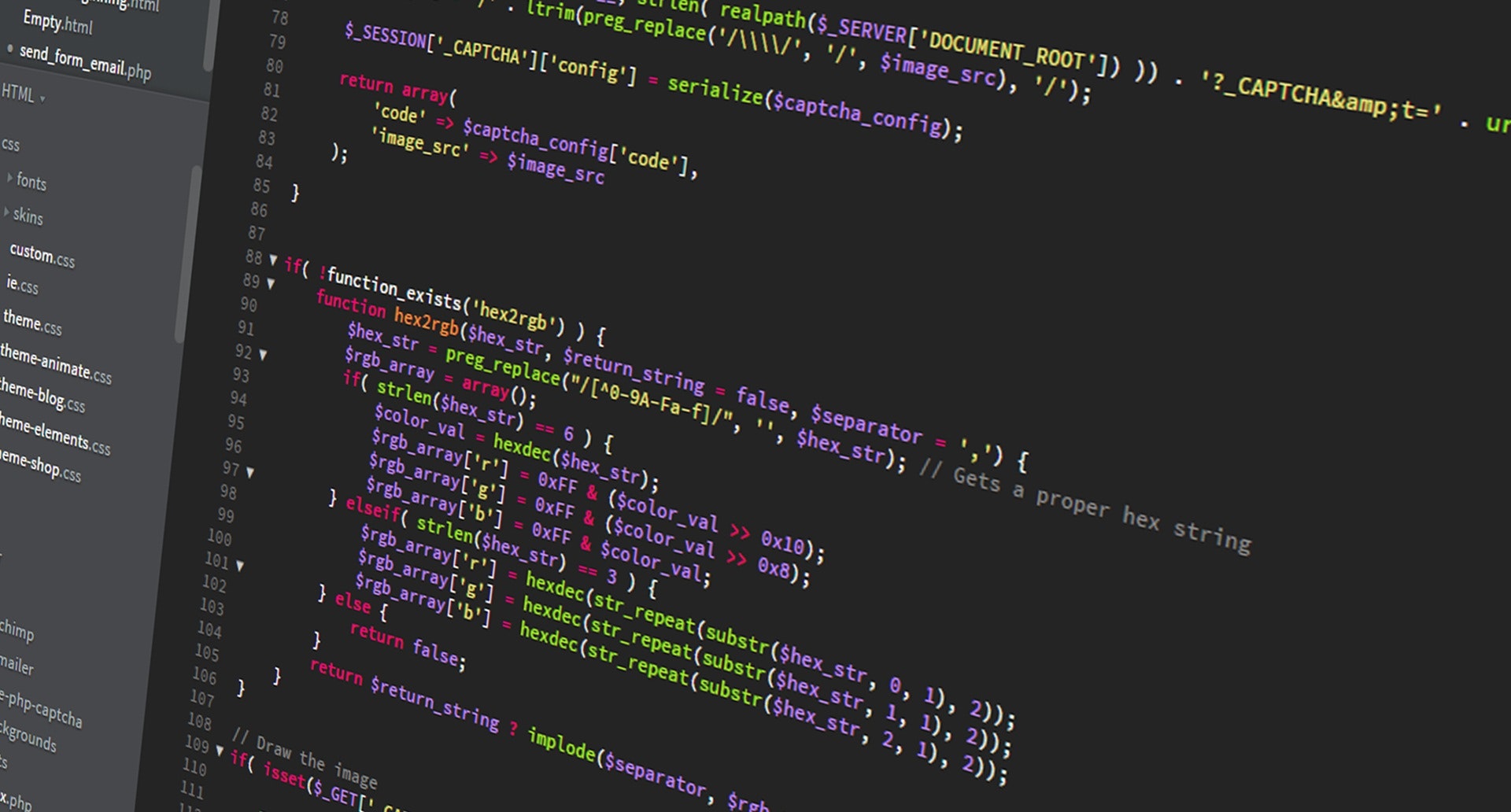Category: Drupal
-

PHP Unit Testing Sample
Package: PHP Unit Testing Sample Summary: Show how to test a class using PHPUnit Groups: Language, PHP 7, Testing Author: Okanlawon Anuoluwapo Description: This package can show how to test a class using PHPUnit… Read more at https://www.phpclasses.org/package/13300-PHP-Show-how-to-test-a-class-using-PHPUnit.html#2024-07-26-02:53:40
-

Yii2 Website Module
Package: Yii2 Website Module Summary: Add a content page management system to a site Groups: Content management, Libraries, PHP 5 Author: Gabriel Alejandro López López Description: This package can add a content page management system to a site… Read more at https://www.phpclasses.org/package/13299-PHP-Add-a-content-page-management-system-to-a-site.html#2024-07-24-22:21:56
-

Melis Messenger
Package: Melis Messenger Summary: Exchange messages between Melis platform users Groups: Content management Author: Fabrice Fesch Description: This package can exchange messages between Melis platform users… Read more at https://www.phpclasses.org/package/13298-PHP-Exchange-messages-between-Melis-platform-users.html#2024-07-23-22:43:55
-

Devs Hunt
Package: Devs Hunt Summary: Manage courses and student enrolment Groups: Applications, Content management, PHP 7, Web services Author: Maniruzzaman Akash Description: This package can manage courses and student enrolment… Read more at https://www.phpclasses.org/package/13297-PHP-Manage-courses-and-student-enrolment.html#2024-07-22-23:33:47
-

Customize Tawk.to Widget for WordPress
Package: Customize Tawk.to Widget for WordPress Summary: Customize the Tawk.to WordPress chat widget Groups: Blogs, Chat, Content management, PHP 5 Author: Adeleye Ayodeji Description: This package allows to customize the Tawk… Read more at https://www.phpclasses.org/package/13296-PHP-Customize-the-Tawk-to-WordPress-chat-widget.html#2024-07-21-23:57:10
-

Customize Tawk.to Widget for WordPress (New)
Package: Customize Tawk.to Widget for WordPress Summary: Customize the Tawk.to WordPress chat widget Groups: Blogs, Chat, Content management, PHP 5 Author: Adeleye Ayodeji Description: This package allows to customize the Tawk… Read more at https://www.phpclasses.org/package/13296-PHP-Customize-the-Tawk-to-WordPress-chat-widget.html
-

Testes Unitarios
Package: Testes Unitarios Summary: Show how to test classes using PHPUnit Groups: Language, PHP 8, Testing Author: Rodrigo Faustino Description: This package can show how to test classes using PHPUnit… Read more at https://www.phpclasses.org/package/13295-PHP-Show-how-to-test-classes-using-PHPUnit.html#2024-07-20-15:00:35
-

Simple Laravel Ecommerce
Package: Simple Laravel Ecommerce Summary: E-commerce application to expose seller products Groups: Applications, E-Commerce, Libraries, PHP 5 Author: Adeleye Ayodeji Description: This package provides an E-commerce application to expose seller products… Read more at https://www.phpclasses.org/package/13294-PHP-E-commerce-application-to-expose-seller-products.html#2024-07-19-15:28:46
-

aaPanel Autocreate Subsite
Package: aaPanel Autocreate Subsite Summary: Manage sites hosted in a server using aaPanel Groups: Hosting, PHP 5, Systems administration, Web services Author: Alfredo Rodriguez Description: This package can manage sites hosted in a server using aaPanel… Read more at https://www.phpclasses.org/package/13293-PHP-Manage-sites-hosted-in-a-server-using-aaPanel.html#2024-07-18-23:10:27
-

Rand UA
Package: Rand UA Summary: Generate browser user agent strings to test sites Groups: HTTP, PHP 7, Testing Author: Cauê Santana Description: This class can generate browser user agent strings to test sites… Read more at https://www.phpclasses.org/package/13292-PHP-Generate-browser-user-agent-strings-to-test-sites.html#2024-07-18-19:16:50